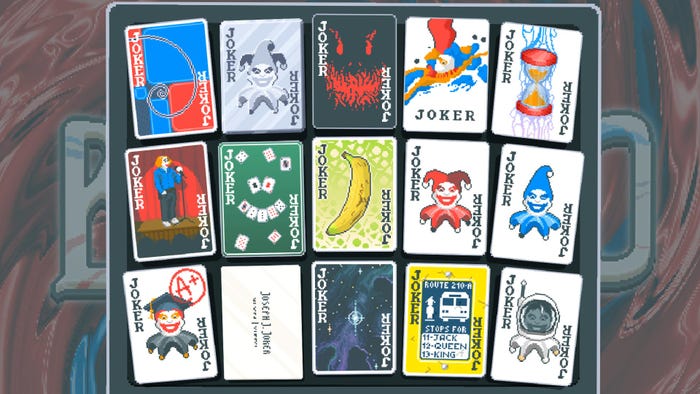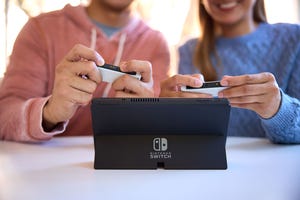GDC China: DeNA's Sun Kang Discusses The 'Big China Problem' For Freemium Games
DeNA's Sun Kang tells Gamasutra that while piracy is the biggest issue with releasing games in China, even with the freemium business model, cultural differences also remain a challenge.

Japanese social game giant DeNA has made good headway in the Chinese market, as freemium games become the dominant business model for iPhone and Android games. But DeNA Mobage division project manager Sun Kang told Gamasutra at GDC China that cultural and piracy-related differences are still a big concern for the Shanghai-based DeNA office. In terms of the player base, "The Japanese users are maybe more patient than Chinese users," Kang says. "For example, we have a game called Kaito Royale in Japan, and you have to be very patient to see how interesting that game is." The game did well in its local market, but after they ported it to China, "unfortunately was not so popular," Kang admitted. "From my point of view, I think that's because visual effects are more [important] for Chinese users. But Kaito Royale is more like a story, and it takes a long time to read through it to get interested." According to Kang, Chinese users like more instant gratification in terms of both visuals and gameplay, tending toward games like Angry Birds and Fruit Ninja. In fact, DeNA has a game called Tap Slash Ninja (Ninja Royale in the Western markets) which Kang says has gained tens of thousands of new users every day on iOS after launching in China. But more than the cultural difference, people trying to crack the games for free items is "the major China problem," he says. Users may jailbreak their phones, and try to crack the game to get free items. "Our charge model is that if you want to buy some items, we verify the receipt from Apple on our own servers," he says. "On a jailbroken iPhone, users can use a cracker, but that doesn't work on our system, so we can prevent that sort of thing." But there's another, even bigger problem, especially with freemium games; illegal credit cards. Users buy items with illegal cards, and then DeNA has to deal with chargebacks. "We're seeing if maybe Apple can provide some method for us to find out what users are using someone else's credit card illegally," Kang posed. In spite of the setbacks though, China is a big market for social games, and smartphones have had a dramatic uptick in the region. In spite of cultural differences, Kang says that in DeNA's games people pretty much want to buy the same sorts of items in China as they do in the Western or Japanese markets. Still, the local team in Shanghai customizes each game it brings over, which is key to legitimizing these games on the user side. Piracy may not be a totally solvable problem, but DeNA's Chinese office seems to be getting along just fine even so.
About the Author(s)
You May Also Like













